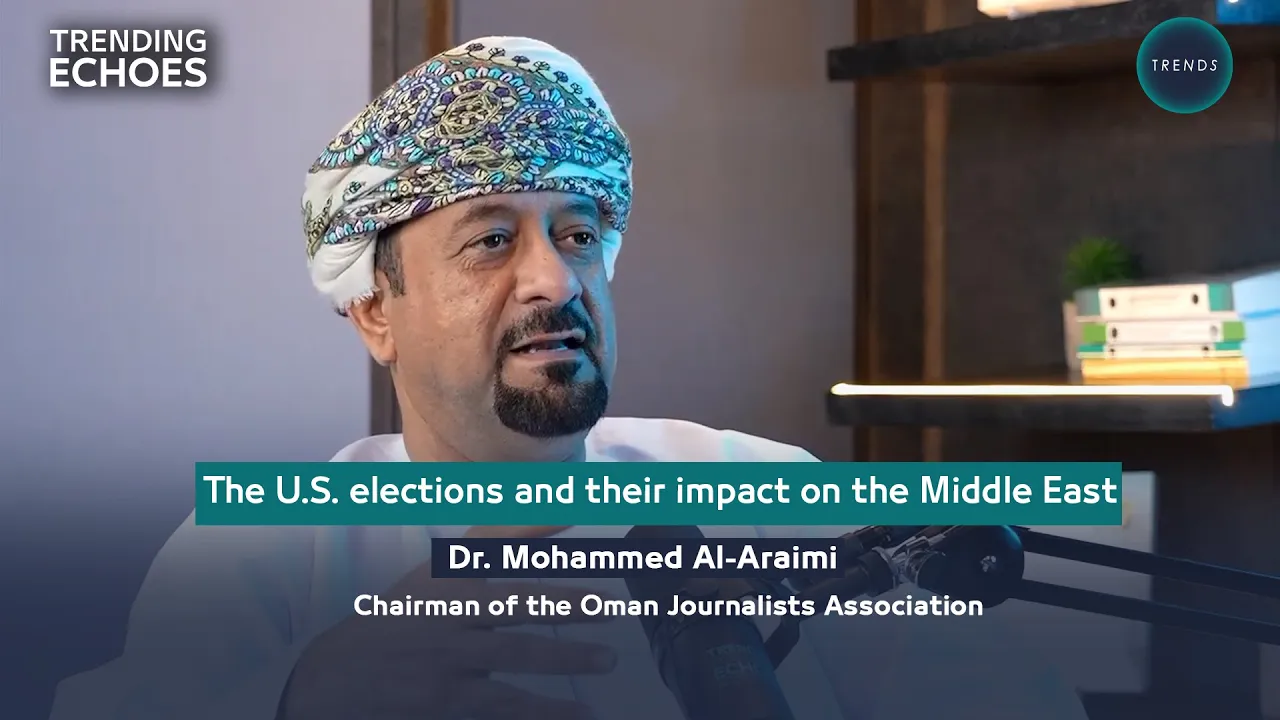Listen On:
In this episode, Nicholas Michelone, Managing Partner at Agonal Partners, discusses how companies navigate geopolitical and geoeconomic shifts, particularly in the context of the growing geopolitical divide—especially between the U.S. and China.
A central topic of the conversation is the U.S.–China trade war, specifically the recent tariff policy led by former President Donald Trump. Michelone unpacks the baseline 10% tariff imposed on all imports, with a focus on so-called “reciprocal tariffs” against nations perceived to be taking advantage of the U.S. He criticizes the flawed economic logic behind these measures, noting that the formula used to justify them lacks real macroeconomic grounding.
Michelone highlights that, despite being framed as global tariffs, the policy is clearly targeted at China. The U.S. eventually suspended tariffs on other countries while sharply increasing them for China—up to 145%. In response, China raised its own tariffs on U.S. goods to 125%, signaling a strong retaliatory stance. He believes Trump underestimated China’s resilience and ability to respond strategically—whether through currency manipulation, reducing U.S. debt holdings, or enduring economic shocks in the name of long-term strategic autonomy.
The conversation shifts to the broader implications. Michelone argues that this tariff war doesn’t have immediate winners—everyone is losing, particularly due to global interdependence in supply chains. Even countries not directly involved are being pulled into the fray. However, he sees this as an opportunity: a wake-up call for the rest of the world to diversify trade relationships, reconfigure supply chains, and build economic resilience.
Regions like the Middle East, Europe, Southeast Asia, and Africa could benefit from the geopolitical shake-up by stepping up as alternative trade partners. He notes early signs of this happening, citing new free trade discussions between the UAE and the EU, India, and other nations.
Ultimately, Michelone views the current upheaval as a chance to move away from an unsustainable system where China was the world’s factory and the U.S. its consumer. The crisis, in his view, could spark a healthier and more balanced global trade architecture.











